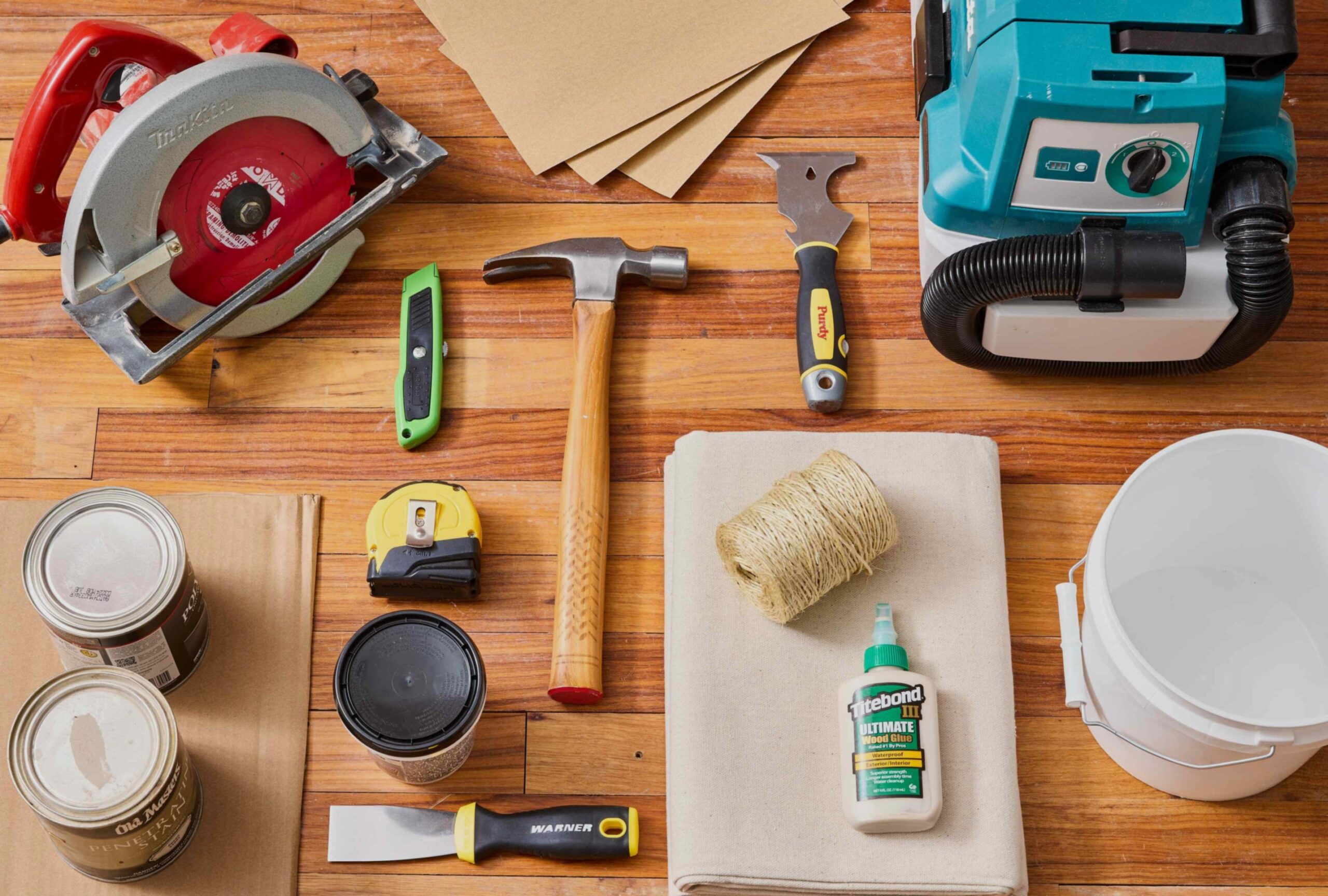Home improvement projects often leave behind leftover materials. While it seems practical to save them “just in case,” many items degrade, become hazardous, or simply clutter your space. According to contractors, holding onto these materials is often more trouble than it’s worth. Here’s what you should discard instead of storing.
Flooring Scraps: A Waste of Space
Leftover flooring rarely matches up after a home settles or styles change. Keeping scraps is more likely to lead to mismatched repairs than a seamless fix. General contractor Jeri Goodkin Dausey advises starting fresh with new materials for a lasting finish.
Old Carpet: A Hidden Hazard
Used carpet can harbor nails, sharp backing strips, and potentially mold. Jonathan Klemm, of Quality Builders, warns that keeping old carpet is a safety risk. Discard it instead of risking injury.
Paint: A Degraded Resource
Unused paint degrades quickly, separating, coagulating, and developing unpleasant odors. While keeping a small amount for touch-ups is acceptable, larger quantities are best discarded. As Goodkin Dausey notes, “Ditch the cans since they only take up space and create clutter.”
Electrical Wire: Safety First
Old electrical wire can have hidden flaws, such as damaged insulation. Aluminum wiring, now banned in many codes due to fire risks, should never be reused. Keep only new, frequently used wire types.
Caulk: Short Shelf Life
Opened tubes of caulk dry out and become unusable within months. Even sealed tubes have a limited lifespan. Klemm recommends discarding old caulk to avoid frustrating repairs.
Hazardous Materials: Asbestos and More
Vinyl flooring, insulation, and siding shingles may contain asbestos or other hazardous substances. Janos Farkas, of Xquimalt Developments, emphasizes the importance of safe disposal to avoid health risks.
Insulation: Hidden Contaminants
Removed insulation can harbor mold, pests, moisture, and dust. While small, clean wads can be kept for minor repairs, larger pieces should be discarded.
Old Faucets: A Pointless Holdout
Contractors are baffled by homeowners who hoard old faucets. Unless you have a strong sentimental attachment, dispose of them, recycle them, or donate them to a reuse center.
Waste Water Pipes: A Biohazard
Removed waste water pipes are coated with slime, hair, food, and grease. Never reuse them; always install new pipes when making repairs.
Pre-Mixed Materials: Compromised Quality
Hardened drywall mud or grout won’t bond properly, and moldy materials will create more mold. Dispose of old pre-mixed materials to ensure the quality of future projects.
Bottom Line: Holding onto old renovation materials often creates more problems than it solves. Discarding them ensures safety, prevents clutter, and promotes quality repairs. Contractors agree: when in doubt, throw it out
